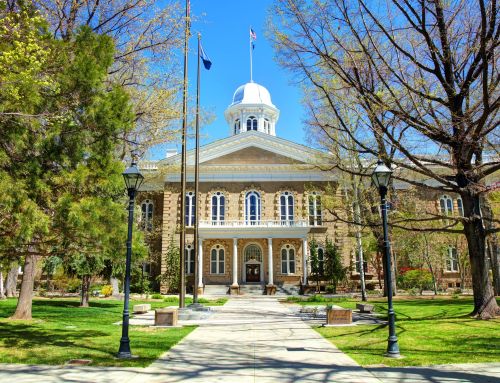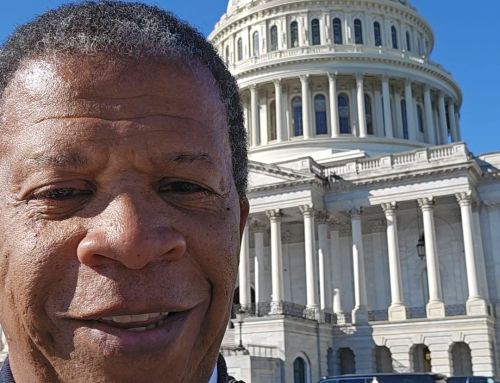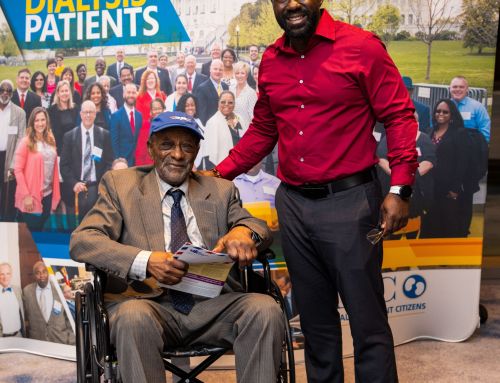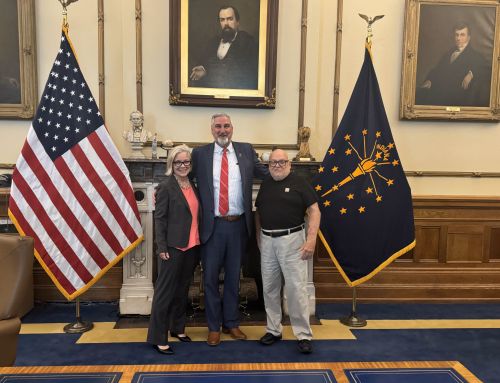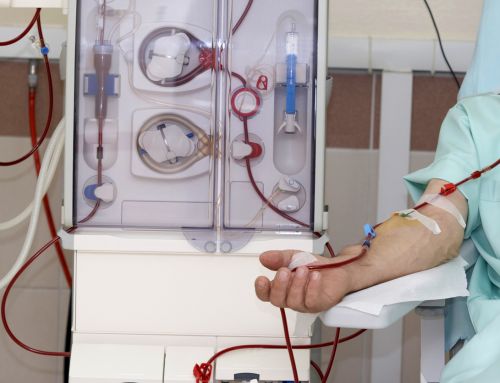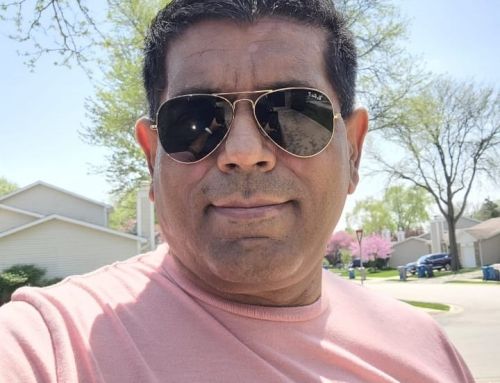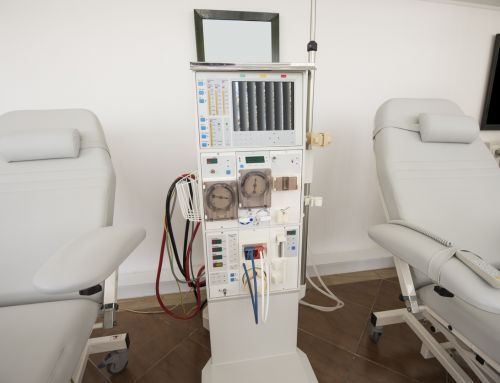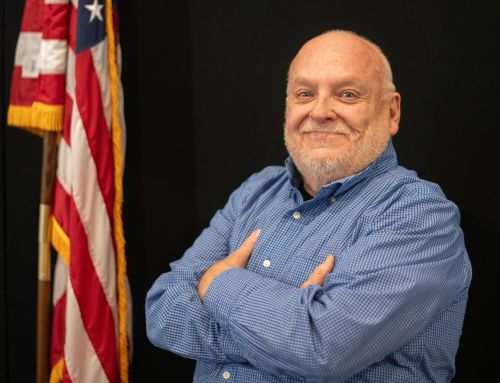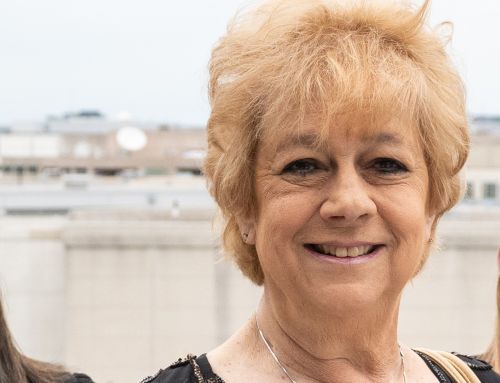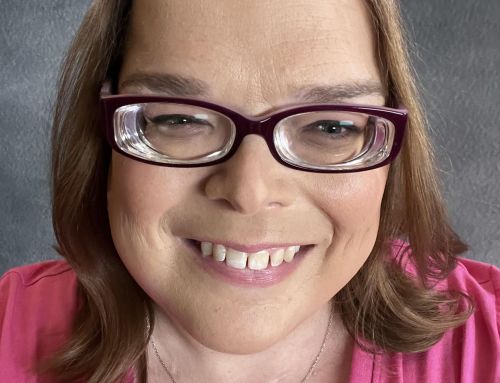We are in a critical moment for health care in Nebraska. According to the Nebraska Hospital Association, health care costs are on the rise and likely to stay high, in part due to inflation affecting hospital equipment, labor shortages and other factors. As these costs rise, hospitals are overflowing with patients despite falling numbers of COVID-19 cases.
to stay high, in part due to inflation affecting hospital equipment, labor shortages and other factors. As these costs rise, hospitals are overflowing with patients despite falling numbers of COVID-19 cases.
These pressures add up to create a concerning outlook for both health care providers and patients across Nebraska. This is especially true for those patients who were already struggling even before rising costs and limited space came to the forefront.
Dialysis patients are at a distinct disadvantage. More than 3,000 Nebraskans are currently living with end-stage renal disease (ESRD), with nearly 2,000 of those patients requiring several hours-long dialysis treatments multiple times per week to stay alive. Since dialysis patients often also suffer from additional conditions such as diabetes or heart disease, they have a number of other appointments and medications in addition to their kidney disease. Without proper coverage, these can combine quickly to create significant costs.
While kidney patients qualify for Medicare, it only covers 80% of the cost of their treatments. Because they need care so frequently, patients can quickly accrue tens of thousands of dollars in medical bills if they don’t have additional Medigap coverage to pay for the remaining portion of their care that Medicare does not cover. For dialysis patients, these costs can be as high as $18,000 per year.
For dialysis patients under 65, though, the problem is even worse. In Nebraska, insurance providers are not required offer those plans to patients under 65, and even if plans are available, they are usually unaffordable. Instead, those patients are stuck paying for 20% of each one of their treatments — not to mention their medications and other medical needs — out of pocket, simply because they were diagnosed with kidney disease at a younger age.
The problem extends beyond just affordability, however. In order to qualify for a transplant that will allow them to get off dialysis, patients need to prove they have the coverage and financial means to pay for the follow-up appointments, anti-rejection medications and other things necessary to keep their new kidney healthy. If they can’t, which is the case for the vast majority of end-stage renal disease patients who don’t have access to Medigap plans, then they won’t be able to get on the list for a transplant.
With so many Nebraska patients unable to qualify for a transplant, they end up missing out on a life-changing procedure, often to out-of-state patients. Dialysis patients can, and do, register on transplant lists in multiple states. And since many of Nebraska’s neighboring states such as Kansas, Missouri, Colorado, and South Dakota offer stronger protections for end-stage renal disease patients under 65, Nebraska’s available transplant kidneys go to out-of-state patients instead.
Thankfully, change could finally be around the corner. Earlier this year, State Sen. Mike Jacobson introduced Legislative Bill 32, which would finally allow Nebraska end-stage renal disease patients under 65 to qualify for Medigap plans. This bill has the power to change lives for patients and families throughout the state by not only giving them a stronger sense of financial security, but also offering hope to so many seeking a transplant. I sincerely hope that the entire state legislature gets behind this bill and sends it to Gov. Jim Pillen.
Health care in Nebraska is at an important juncture, and lawmakers need to do everything possible to help patients who aren’t sure how they will pay for their treatments on top of supporting their families. Our lawmakers have a chance to do just that for kidney patients, and they would be right to seize this opportunity.

